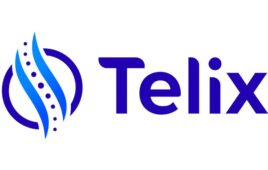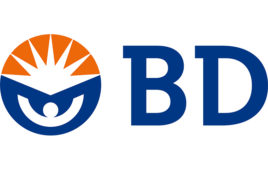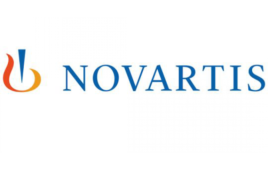
Portland State University researcher Nirupama Bulusu wants to prevent counterfeit pharmaceuticals from flooding the market. Bulusu recently published a blockchain protocol that could do just that.
Bulusu, professor of computer science at the Maseeh College of Engineering and Computer Science, worked with PSU computer science doctoral student Naif Alzahrani to publish “A new product anti-counterfeiting blockchain using a truly decentralized dynamic consensus protocol” in the journal Concurrency and Computation: Practice and Experience.
Their approach relies on blockchain to record transactions in a new, more secure, way that would help curb fake pharmaceuticals by product checking and decentralization.
Blockchain stores transactional records each step of the way, creating a chain of information. Only users with a specific key can add or modify the stored information. The PSU protocol allows sellers to track and verify products without relying on centralized systems vulnerable to attack.
Bulusu said she wanted to create the protocol because the counterfeit pharmaceutical crisis harms the most vulnerable international populations.
“We wanted to come up with something that’s foolproof,” she said.
They’ve coupled the protocol with digital product tags that include the product’s serial number, expiration date and name.
Most anti-counterfeit systems at the moment are centralized, which makes it easier for humans and machines to pass off fake goods.
“This protocol could potentially disrupt and disable illicit supply networks,” Bulusu said.
Their protocol could in theory be applied to any supply chain—big or small.
Niche companies worried about trademark violations, for example, could benefit from the protocol. Bulusu said business owners could even verify their product history and track items step by step on their cell phone.
That’s one benefit of blockchain, she added is that the information is harder to fake and modify, making it easier to verify authenticity.




